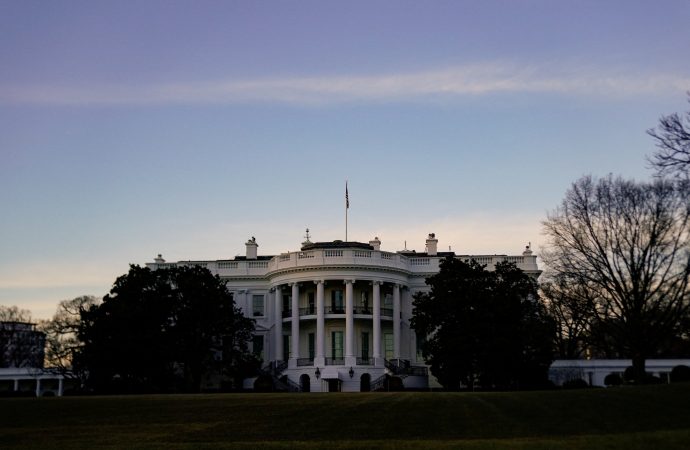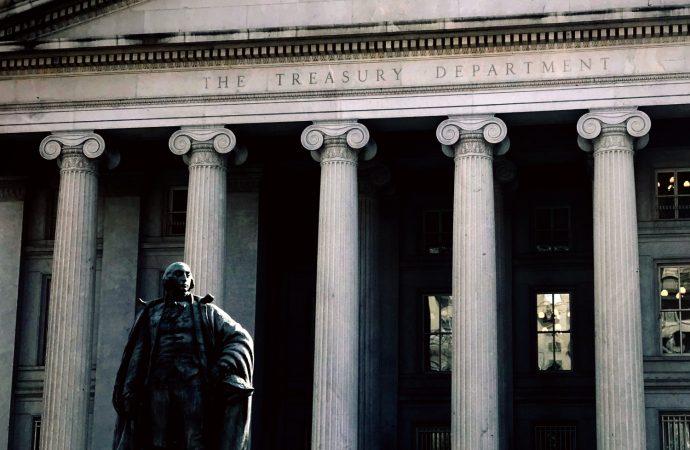Introduction In a pivotal move to strengthen financial integrity, the White House is currently conducting a review of rules targeting money laundering within the real estate sector. As this critical examination unfolds, the potential implications for the real estate landscape are profound. Let’s delve into the details and explore what this review signifies for the
Introduction
In a pivotal move to strengthen financial integrity, the White House is currently conducting a review of rules targeting money laundering within the real estate sector. As this critical examination unfolds, the potential implications for the real estate landscape are profound. Let’s delve into the details and explore what this review signifies for the intersection of real estate and anti-money laundering regulations.
The Regulatory Landscape: A Focus on Anti-Money Laundering in Real Estate
The real estate sector has long been under scrutiny for its vulnerability to money laundering activities. To address this concern, rules and regulations have been in place to enhance transparency and curb illicit financial practices within the real estate market.
Key Points Under Review:
| Key Points | Importance |
|---|---|
| Enhanced Due Diligence Requirements | Strengthening checks and balances to verify the legitimacy of real estate transactions. |
| Reporting Thresholds and Obligations | Evaluating the thresholds that trigger mandatory reporting and the obligations of real estate entities. |
| Geographic Targeting Orders (GTOs) | Reviewing the scope and effectiveness of GTOs, which focus on specific high-risk geographic areas. |

Image by: https://cloud front.net
Implications for Real Estate Professionals and Investors:
- Stricter Compliance Measures: If the review results in amendments, real estate professionals may face stricter compliance measures, necessitating more robust due diligence processes.
- Heightened Reporting Standards: Potential changes in reporting thresholds could lead to increased scrutiny and reporting obligations for real estate transactions, aiming to uncover any suspicious activities.
- Geographic Considerations: Adjustments to Geographic Targeting Orders may impact real estate practices in specific regions, requiring a tailored approach based on geographic risk assessments.
Expert Perspectives: Reinforcing Financial Integrity in Real Estate
Financial integrity experts emphasize the necessity of continually reviewing and adapting anti-money laundering rules in response to evolving financial landscapes. They highlight the importance of striking a balance between preventing illicit activities and ensuring a smooth and efficient real estate market.
The Road Ahead: Balancing Security and Market Dynamics
As the White House conducts this crucial review, the real estate sector stands at a crossroads. Balancing the imperative of security against the need for a fluid and vibrant market requires thoughtful consideration. The outcome of this review could reshape the way real estate transactions are conducted, reinforcing financial integrity and safeguarding against potential money laundering risks.
Conclusion: Navigating Evolving Regulatory Waters in Real Estate
The ongoing White House review of rules targeting money laundering in real estate underscores the commitment to fortify financial integrity. Real estate professionals and investors should closely monitor developments, prepare for potential regulatory adjustments, and collaborate in building a more resilient and secure real estate landscape.

















Leave a Comment
Your email address will not be published. Required fields are marked with *